This strong production performance, combined with robust operations in India and a focus on sustainability, marks a significant milestone in the global steel industry.
JSW’s domestic production in India hit 2.552 million tons in July. The company reported a capacity utilization rate of 92.5%, underscoring its operational efficiency. JSW’s current total production capacity stands at 35.7 million tons and is planned to expand to 43.4 million tons by 2026. The third phase expansion at the Dolvi plant is underway, targeting completion by 2027, while the 10 million ton-capacity Salav green steel project forms the backbone of JSW’s low-carbon production ambitions.
Meanwhile, production in the U.S. declined by 4% to 72,000 tons (0.72 lakh tons) in July, although JSW continues to invest in this region. With its Consteel™ EAF technology delivering up to 40% lower carbon emissions compared to conventional methods, JSW is well positioned to benefit from the U.S.’s $1.2 trillion infrastructure spending and the EU’s Carbon Border Adjustment Mechanism (CBAM), enhancing its global competitiveness.
A New Era of Sustainability with GreenEdge
Launched in 2025, JSW’s GreenEdge program positions the company at the forefront of low-carbon steel production. The program allows customers to request certified carbon-reduced products, gaining traction particularly in sectors like construction and automotive, which demand Scope 3 emissions reporting. Validated by third-party audits under ISO 22095 standards, GreenEdge differentiates JSW from competitors relying solely on carbon offsets.
JSW aims to reduce carbon emissions by 42% by 2030 compared to 2005 levels and achieve net-zero by 2050. Operational plans support these goals through investments in renewable energy, hydrogen-based production technologies, and increased scrap utilization.
Aiming for a $2.5 Trillion Market
For the fiscal year 2025/26, JSW plans capital expenditures totaling $2.4 billion. These investments, focusing on capacity expansions at Dolvi and the green steel project at Salav, are designed to meet the expected global green steel demand of 500 million tons by 2030.
Collaborations with Japan’s JFE Steel on grain-oriented electrical steel and with South Korea’s POSCO on a new 5 million ton capacity facility in Odisha, India, highlight JSW’s strategic focus on high-growth sectors such as renewable energy, electric vehicles, and AI data centers.
Three Key Catalysts for Investors
JSW’s investment appeal is underpinned by:
-
Production Growth: Targeting 43.4 million tons capacity by 2026, aligned with India’s 6% annual demand growth and expanding green steel export markets.
-
Sustainability Premium: GreenEdge enables a 10-15% price premium on low-carbon products, enhancing profit margins.
-
Policy Alignment: Compliance with the EU’s CBAM, U.S. Clean Procurement policies, and India’s PLI incentives for green steel supports JSW’s long-term growth.
Risks and Mitigation Strategies
While raw material price volatility and global economic slowdown pose risks, JSW mitigates geopolitical exposure by allocating 96% of investments domestically and maintaining 60% of its customer base within India. Additionally, a $2 billion decarbonization fund and international partnerships help reduce R&D costs.


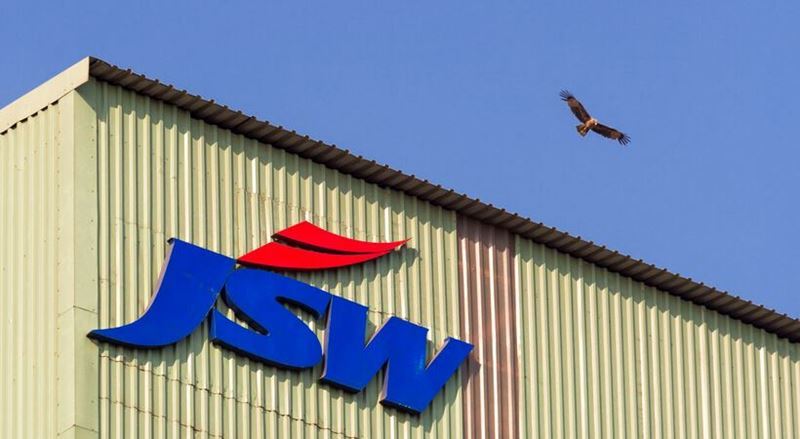
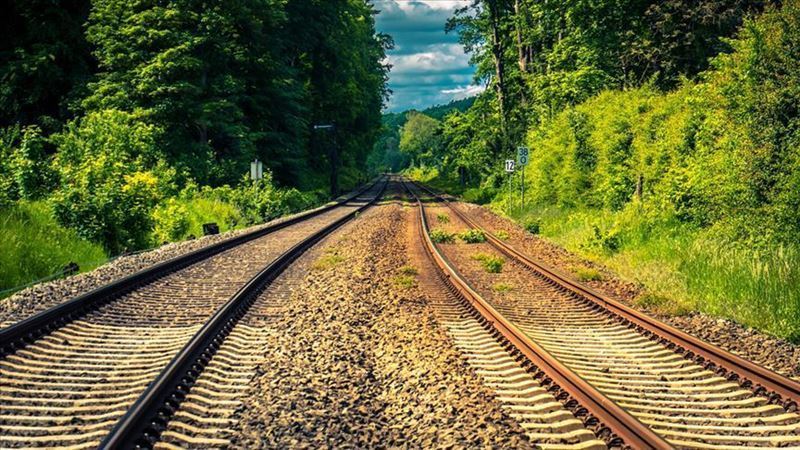
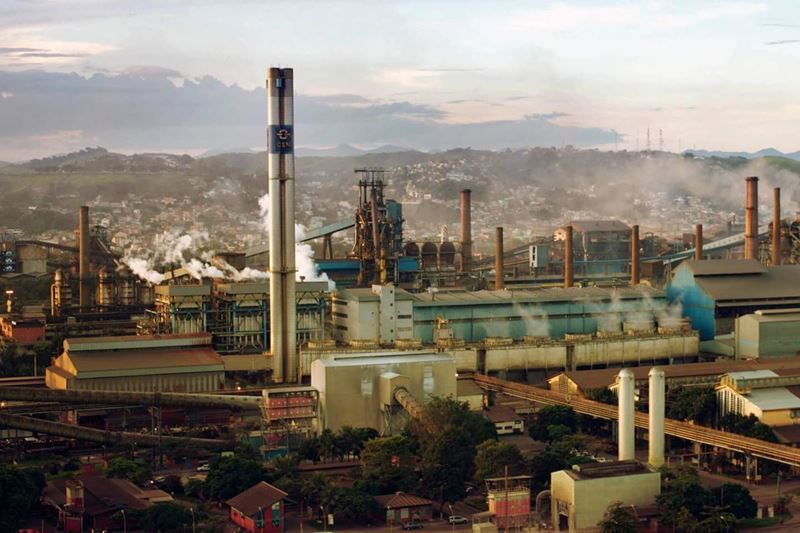
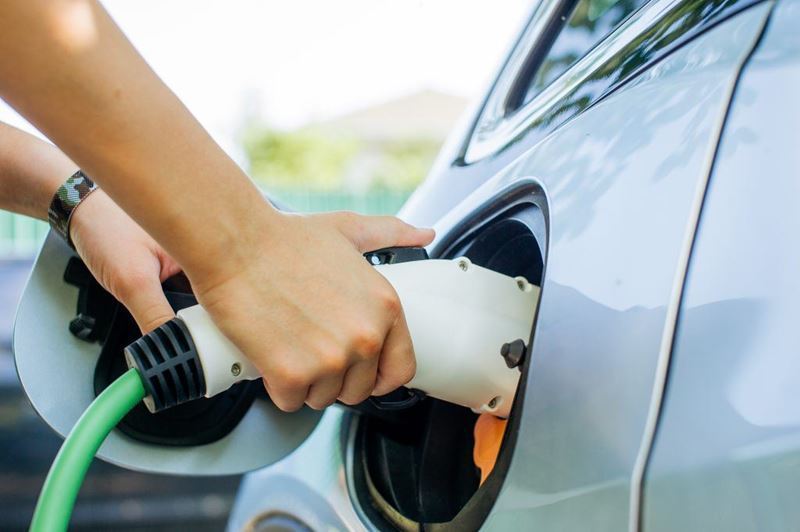
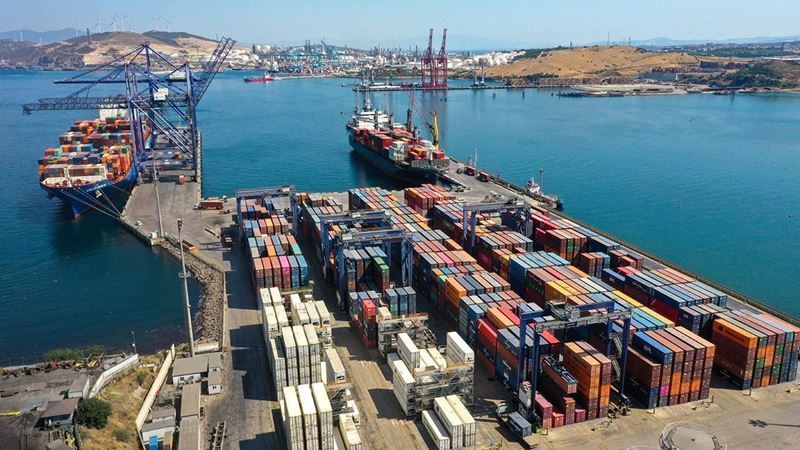
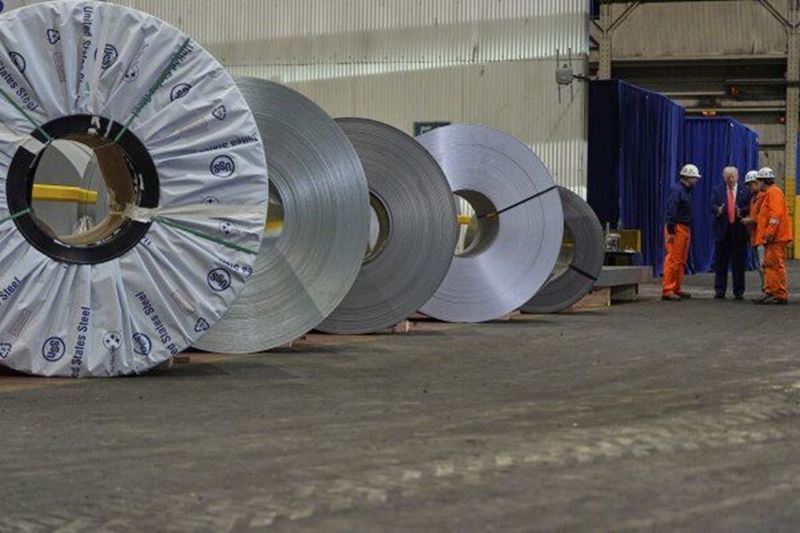


Comments
No comment yet.